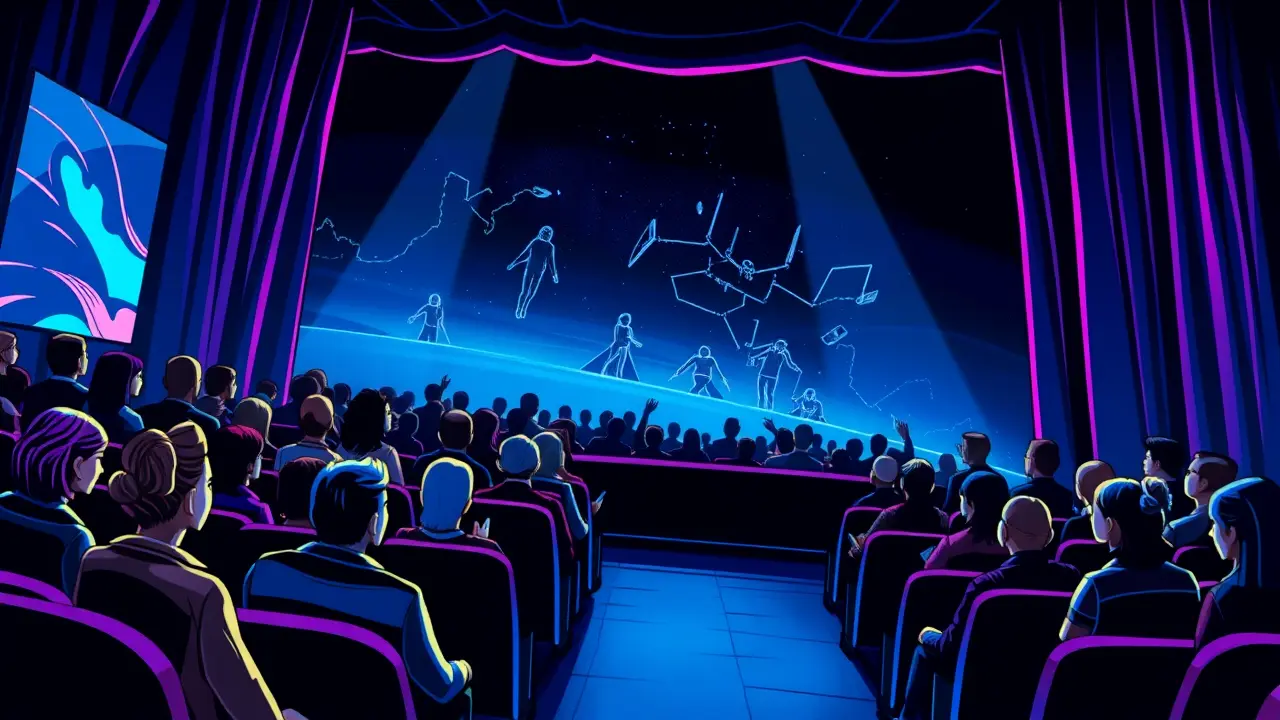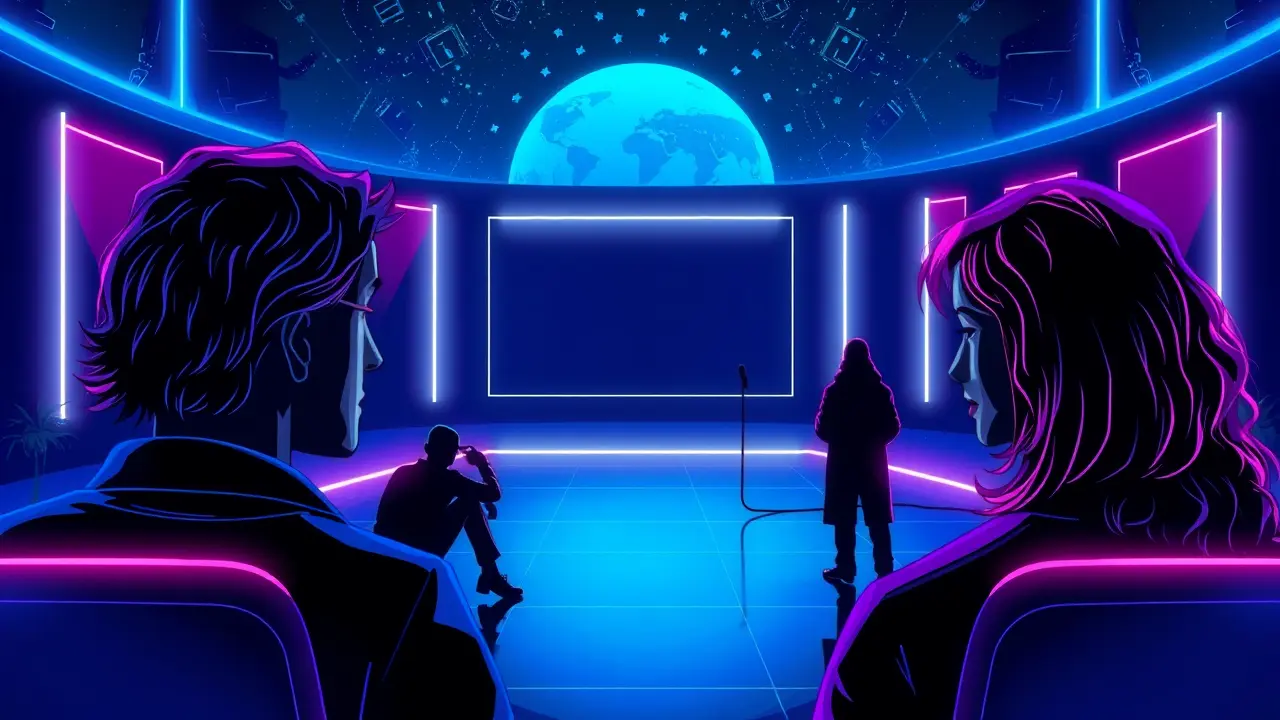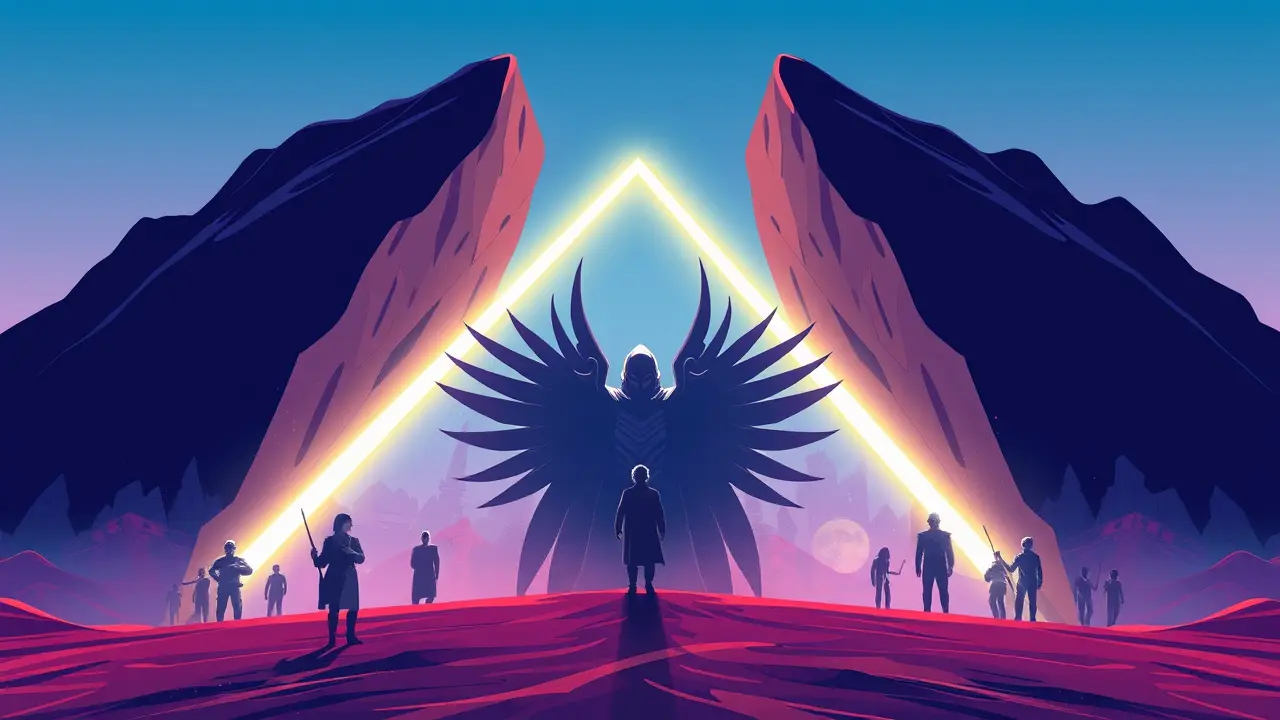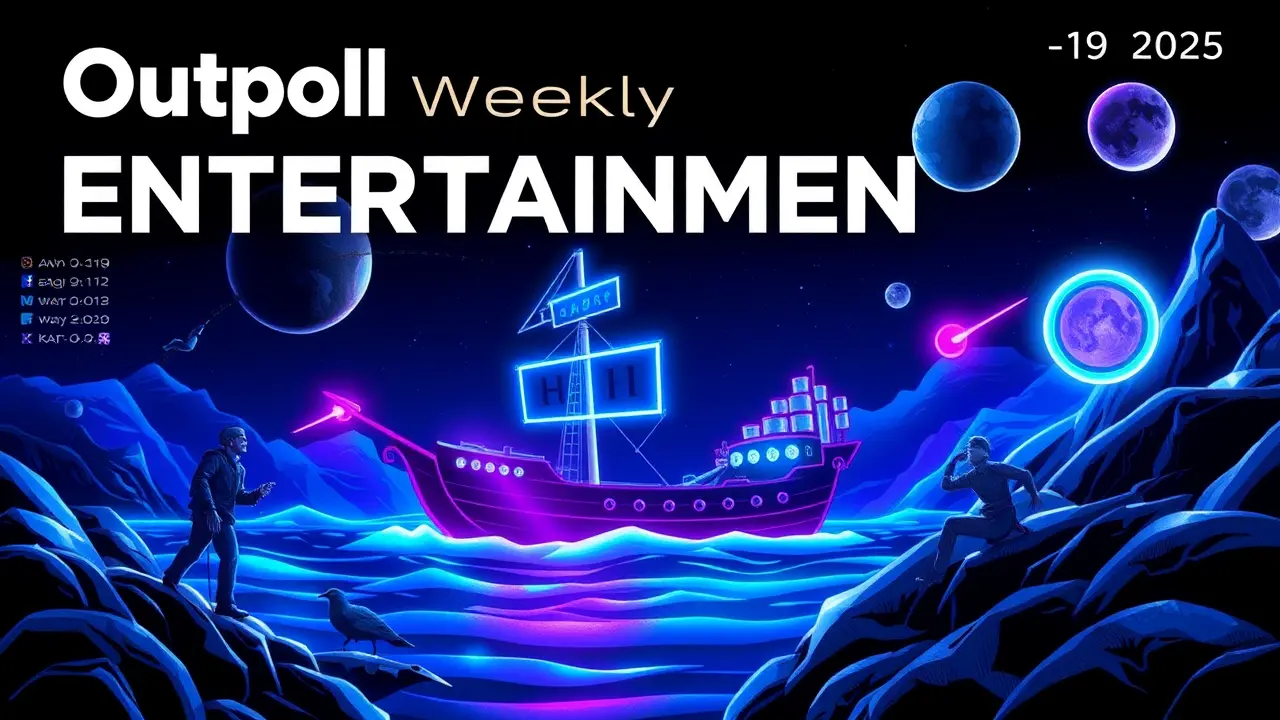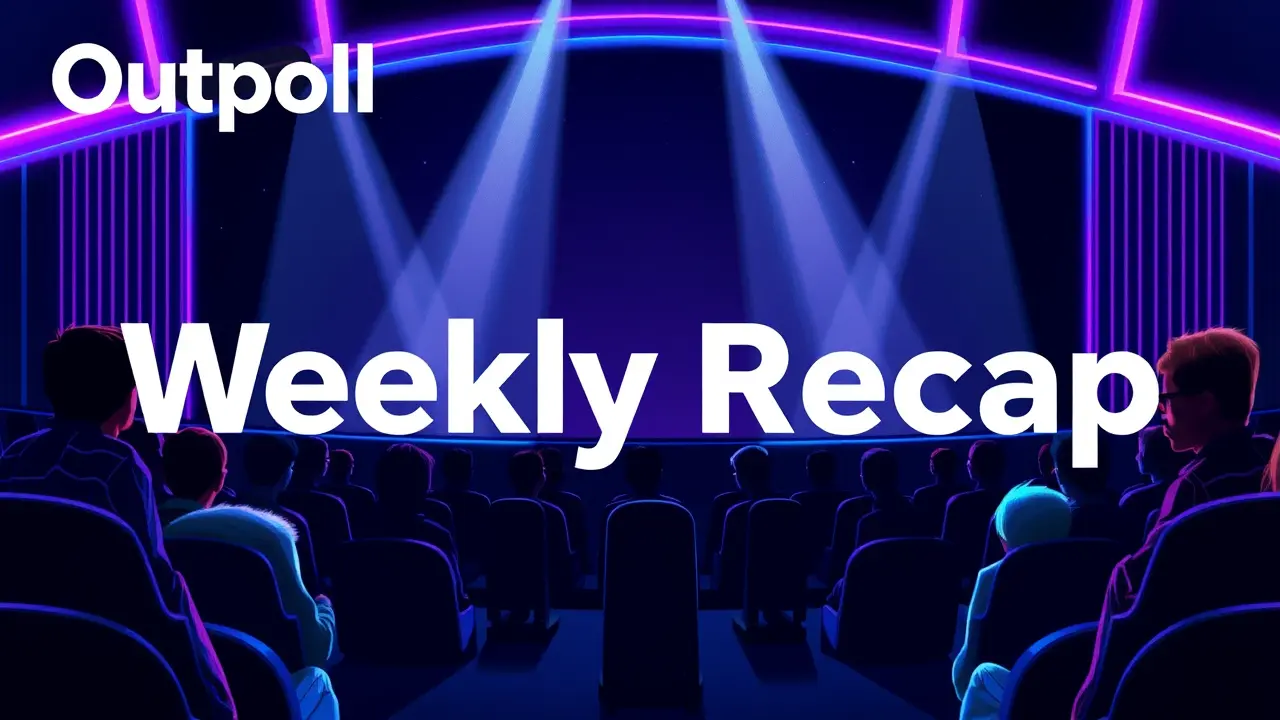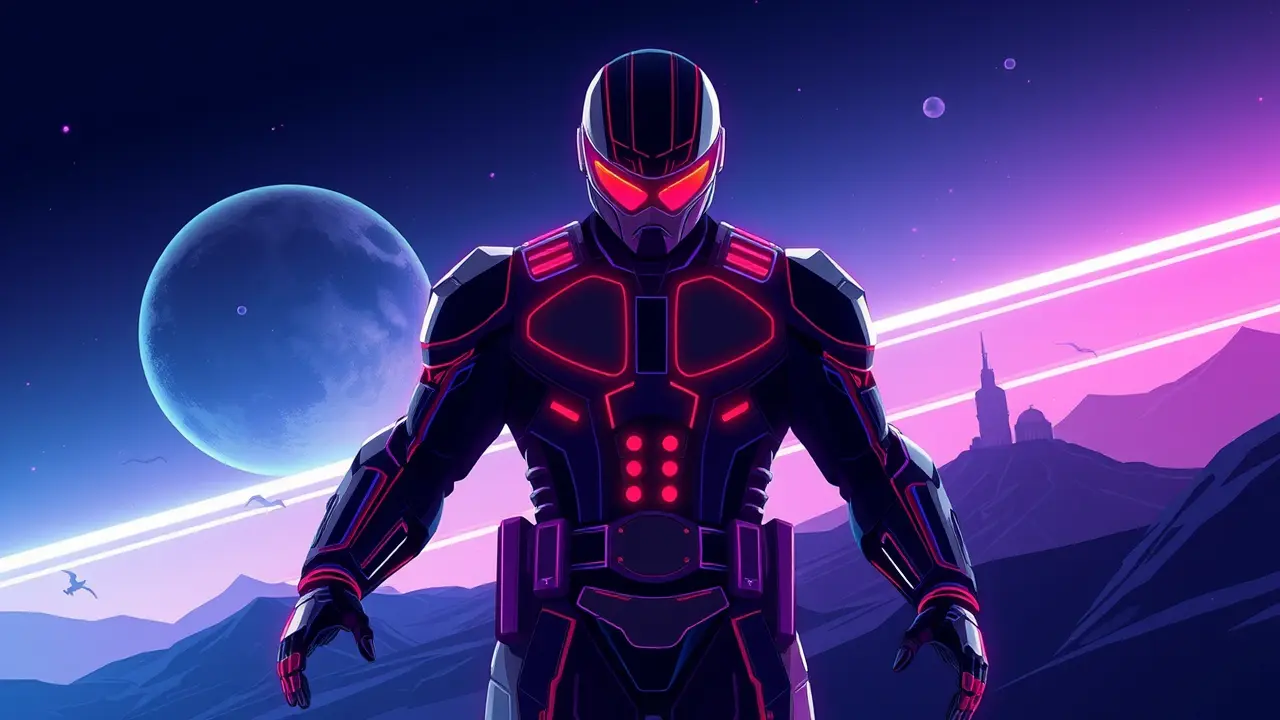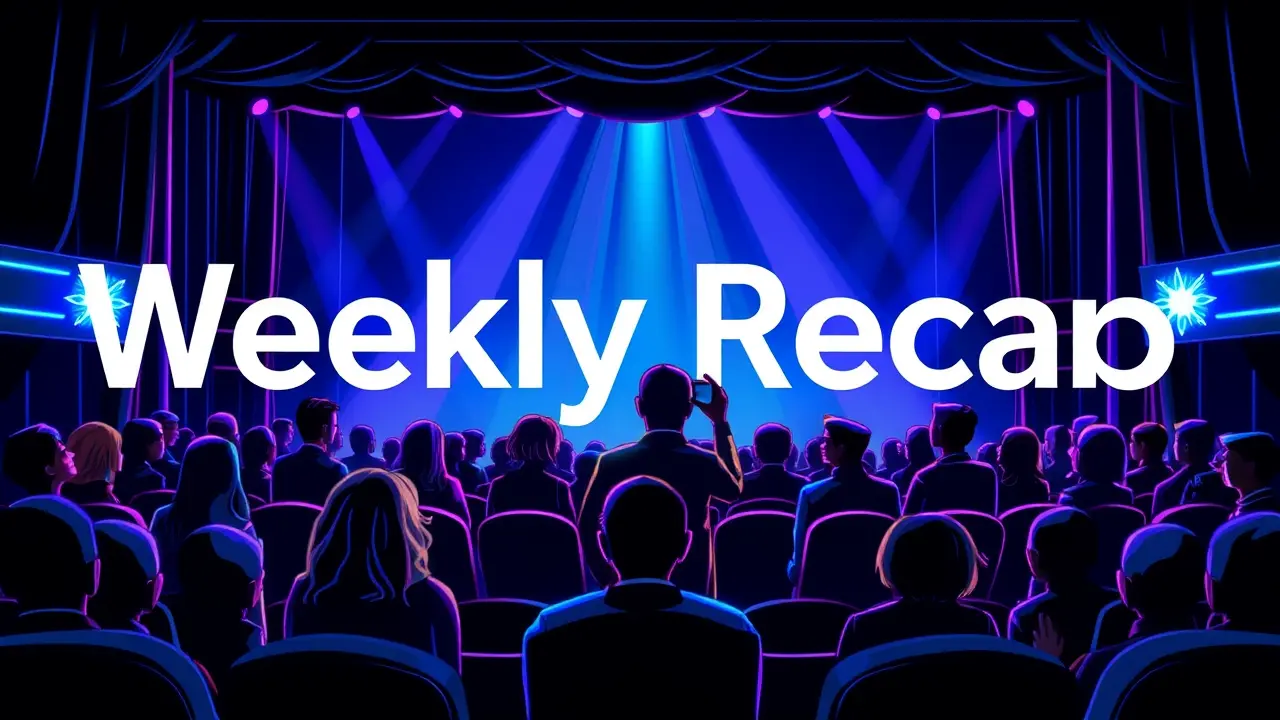- News
- entertainment
- The Digital Gauntlet: Why 20th Century Rock Icons Would Falter in Today's Music Scene
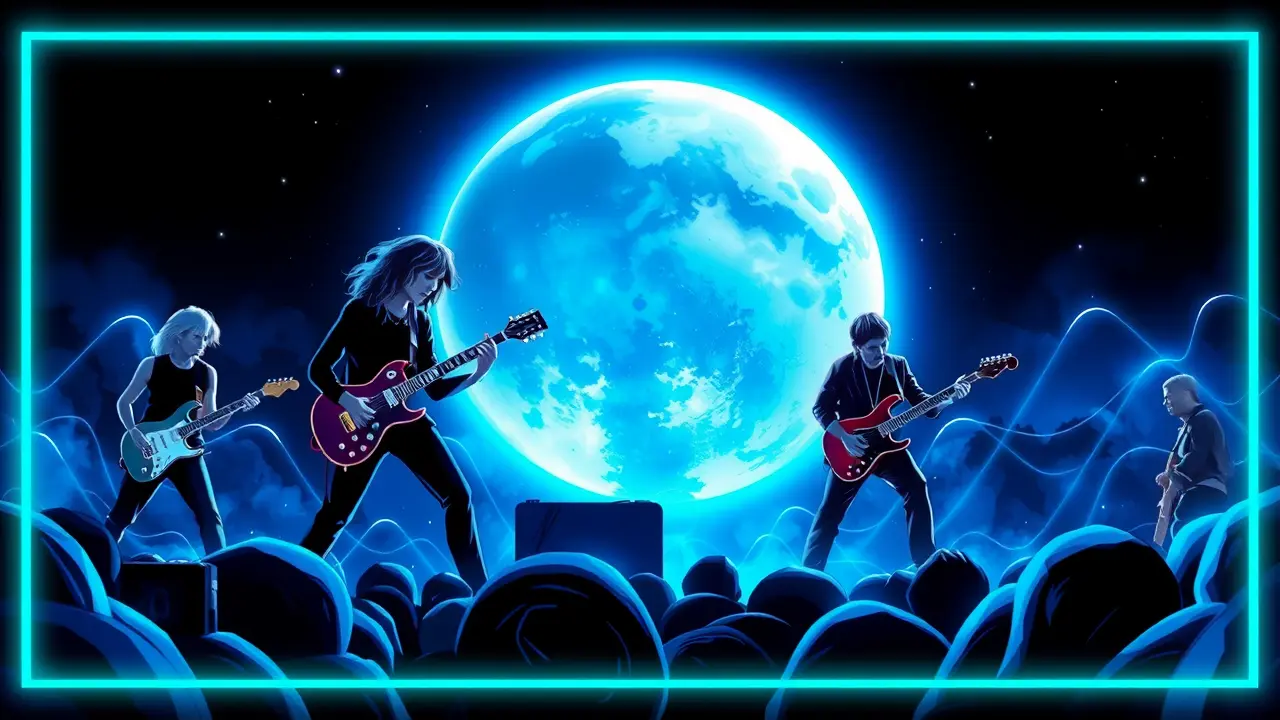
Entertainmentmusic
The Digital Gauntlet: Why 20th Century Rock Icons Would Falter in Today's Music Scene
BR
Brian Miller
5 hours ago7 min read1 comments
Imagine transplanting the legendary rock acts of the 70s, 80s, and 90s directly into our current, hyper-saturated digital music economy. The result would be a stark contrast to their former glory.The centralized cultural machine that manufactured their stardom has disintegrated. The era of a unified mainstream, dictated by a few powerful radio stations and MTV, has been replaced by a fragmented universe of micro-tastes and algorithmically-generated playlists—an environment where many heritage artists would find themselves lost.For the album-oriented auteurs, the very format that defined them is now a liability. In a landscape dominated by TikTok virality and streaming economics that reward shorter, skip-resistant tracks, the ten-minute prog-rock suites of bands like Pink Floyd or Rush would be commercial poison.Their historical reliance on deep album sales is fundamentally at odds with a system that incentivizes 30-second clips of a killer guitar solo to soundtrack a viral video. The carefully constructed personas of the past would also crumble under modern scrutiny.The glamorous excess and staged rebellion of 80s hair metal bands, which were once curated through limited magazine access, would be instantly deconstructed by the relentless, 24/7 court of public opinion on social media. A single ill-advised comment or backstage snapshot that once built mystique could now spark an immediate and unforgiving cancellation campaign for acts like Mötley Crüe.The brand of musical virtuosity that once crowned rock gods has also been devalued. While the technical mastery of a Led Zeppelin—the complex solos and soaring vocals—was once the pinnacle of artistry, today's hit-making often prioritizes production vibe and relatable authenticity over pure musical chops.Their intricate compositions might be dismissed as 'overblown' by an audience acclimated to the intimate, lo-fi aesthetic of bedroom pop. Finally, the pathway to success has been completely upended.The traditional model of touring, getting scouted, and leveraging a label's marketing muscle is obsolete. Today's artist must be a multi-hyphenate content creator, building a community online and monetizing directly through platforms like Patreon.Could a deliberately enigmatic and media-averse band like Tool thrive in an economy demanding constant, intimate engagement with fans? Their art, designed for deep contemplation, is antithetical to the frenetic, attention-driven digital marketplace. This analysis is not a qualitative judgment on the music itself, but a recognition of a seismic contextual shift.These iconic bands were products of a specific media-industrial complex that has vanished. Their potential struggle today is a powerful testament to how radically the terrain for musical creation and consumption has transformed.
#editorial picks news
#rock music
#20th century
#mainstream success
#modern music industry
#cultural change
#Vice
Stay Informed. Act Smarter.
Get weekly highlights, major headlines, and expert insights — then put your knowledge to work in our live prediction markets.
Related News
Comments
Loading comments...
© 2025 Outpoll Service LTD. All rights reserved.

